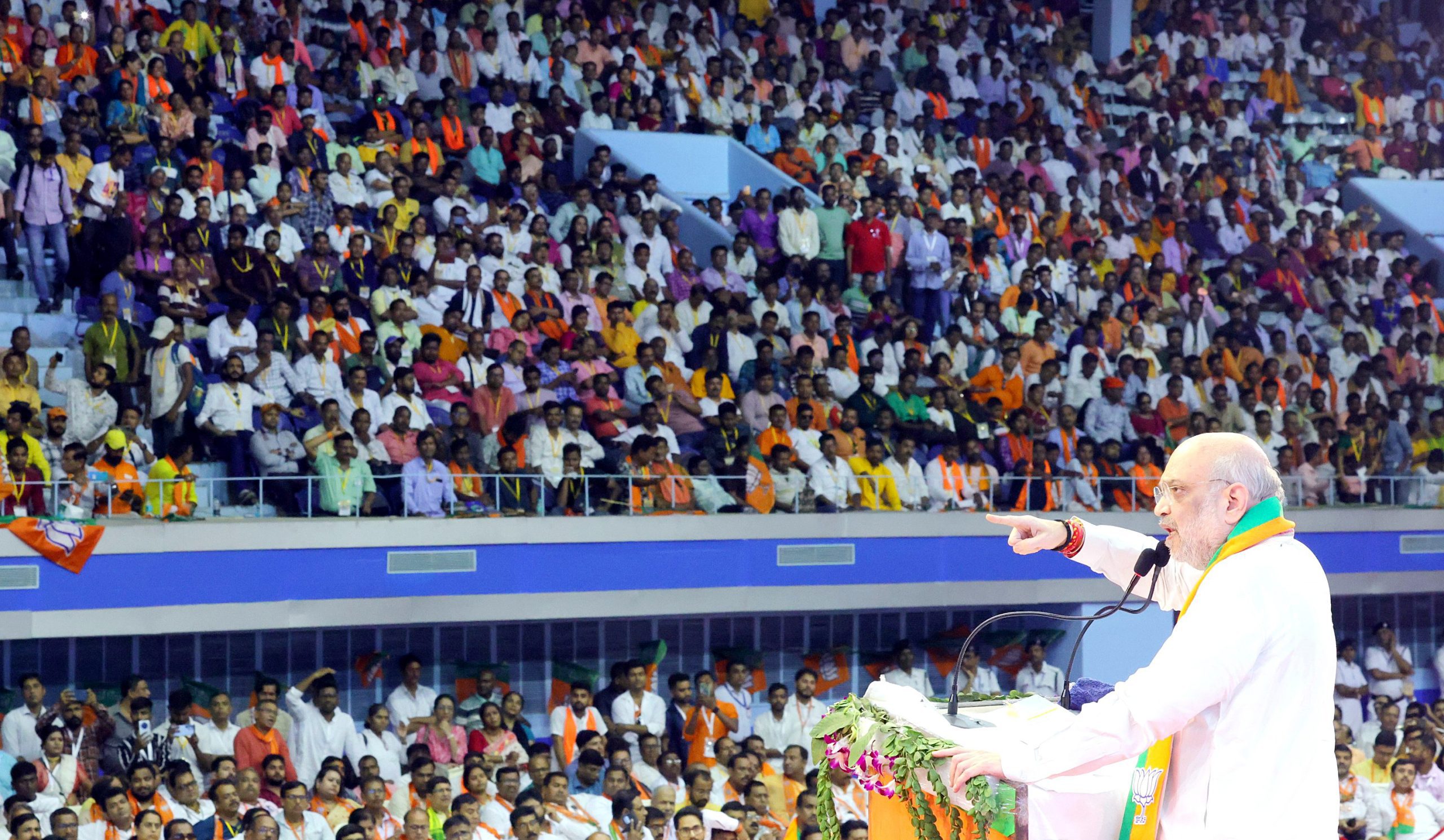Union Home Minister and Minister of Cooperation Amit Shah on Sunday inaugurated the new building of the Central Forensic Science Laboratory (CFSL) in Kolkata. Built at a cost of ₹88 crore, the facility is expected to significantly strengthen forensic capabilities across eastern and northeastern states, including West Bengal, Jharkhand, Bihar, Odisha, Assam, and Sikkim.
Speaking at the event, Shah said the government under Prime Minister Narendra Modi is committed to establishing a secure, transparent, and evidence-based criminal justice system. “This laboratory will serve as a crucial pillar in realizing that vision and aid in the implementation of the new criminal laws,” he said.
The Union Minister emphasized the role of forensic science in securing convictions and ensuring justice, stating that a national network of FSLs is being established through a cluster approach, where 3–4 states will share facilities and resources. Beginning January 2026, the government plans to launch a campaign to integrate forensic practices down to the police station level, aiming to move from a system based on argument to one rooted in evidence.
Shah also formally launched Narcotics Version 2.0 and Explosives Version 2.0, digital tools designed to simplify forensic processes. He noted that crimes are evolving in the digital age and that law enforcement must stay ahead through the adoption of science and technology.
He highlighted the government’s commitment to reforms through the newly introduced Bharatiya Nyaya Sanhita (BNS), Bharatiya Nagarik Suraksha Sanhita (BNSS), and Bharatiya Sakshya Adhiniyam (BSA), which replace colonial-era laws. Shah said these laws empower investigators with clear legal backing for using technology and make forensic visits mandatory in cases involving sentences of more than seven years.
The Home Minister also underlined progress in justice delivery, stating that 60% of chargesheets are now filed within 60 days and that provisions such as trial in absentia will help prosecute absconders using international mechanisms.
To support this infrastructure, the government has approved 16 campuses of the National Forensic Science University (NFSU), with 7 already operational. Plans are in place to train 36,000 forensic professionals annually through these institutions, exceeding the country’s current estimated need of 30,000 trained experts per year.
Additionally, 9 more NFSU campuses and 7 new CFSLs are being set up in states including Uttar Pradesh, Chhattisgarh, Odisha, Rajasthan, Tamil Nadu, Kerala, and Bihar, at a combined investment of over ₹2,100 crore. A National Forensic Data Centre, with an allocation of ₹200 crore, will also be established.
Amit Shah said the modernization of India’s forensic infrastructure will help ensure that even the most marginalized citizen can approach the justice system with confidence. “It is our responsibility to create a system where justice is swift, science-based, and accessible to all,” he concluded.














